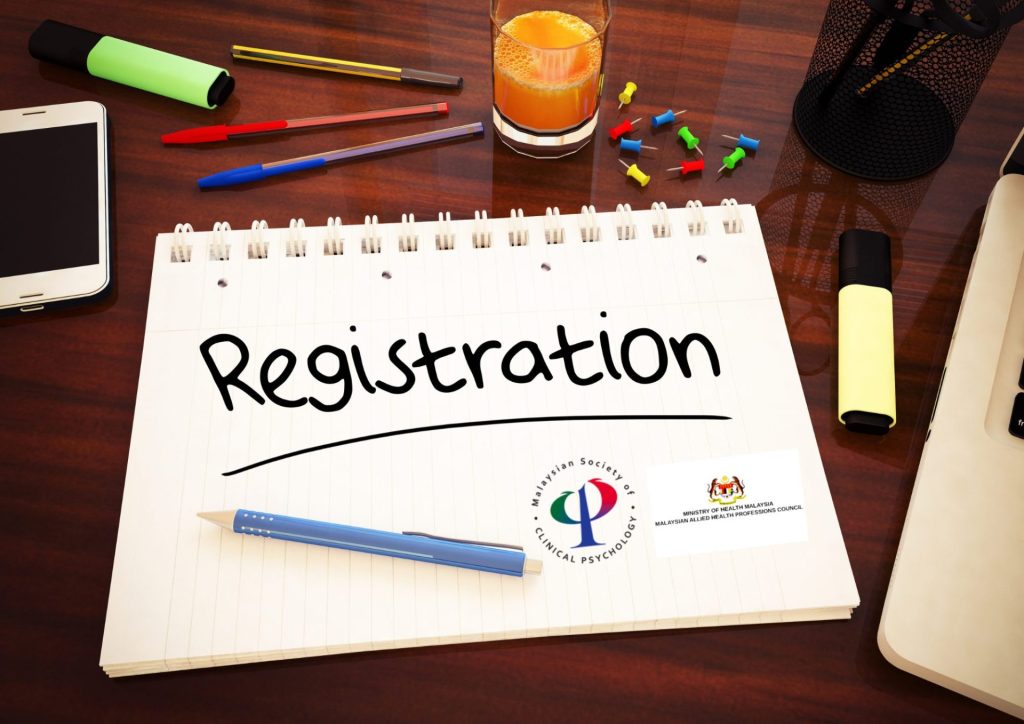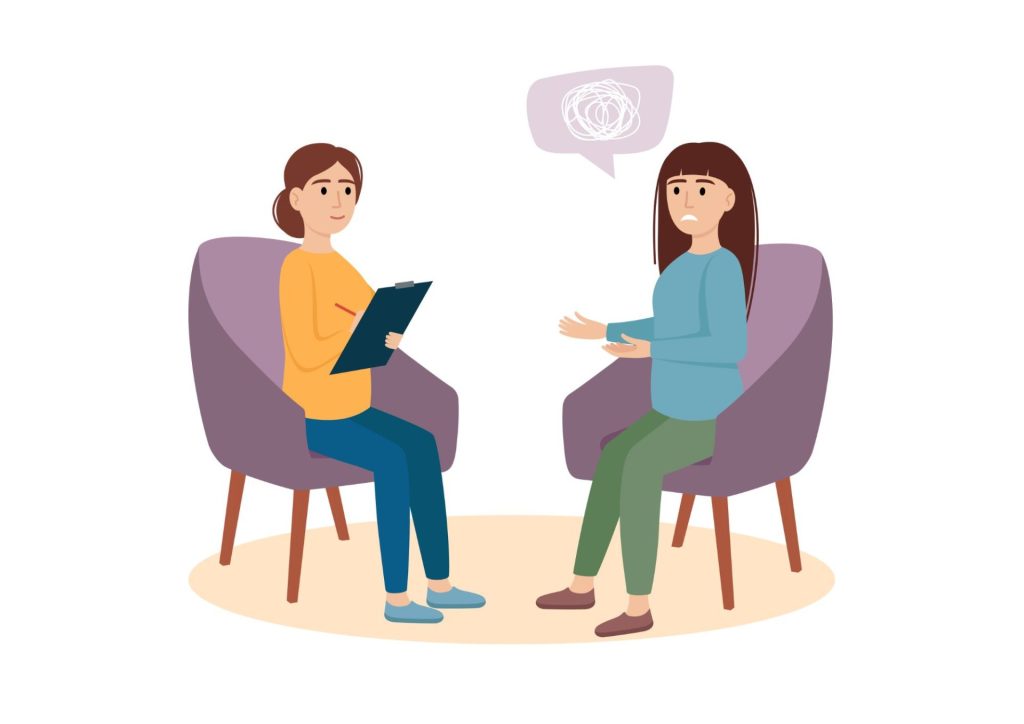Becoming a Clinical Psychologist and the Journey to Practice
Becoming a Clinical Psychologist and the Journey to Practice
What is it like being a clinical psychologist? Have you ever heard of well-known clinical psychologists such as Dr Shawn Lee Ji Kwan, Dr Chua Sook Ning, Dr Mahadir Ahmad or Ms Urmilah and wondered what their roles are? Imagine being a guiding light for people when they are feeling lost in the darkness of their minds by helping them understand their thoughts and emotions. That is what it is like to be a clinical psychologist, someone who dedicates their life to understanding and improving the mental and emotional well-being of others. But what exactly does it mean to be a clinical psychologist, and how does it differ from a counsellor? Today, we will walk through the world of clinical psychology and the journey of becoming a clinical psychologist.

What Is It Like Practicing as a Clinical Psychologist?
Clinical psychologists are like detectives piecing together the puzzle of an individual’s inner world. Imagine someone comes to them with a complex issue. It is like starting with a scattered jigsaw puzzle, and the clinical psychologist helps put the pieces in the right places. Through assessments, they analyse the presenting problem to gain insight into the client’s mental state.
Not limited to assessments, clinical psychologists also tailor their intervention approach to each individual. They create a personalised treatment plan to address the specific challenges and goals of each client. Additionally, they create a safe space where clients can openly talk about their feelings and concerns. They also provide guidance, teach coping strategies, and empower clients to make positive life changes. It is like being a personal trainer for the mind to improve mental and emotional fitness.

Differences Between Clinical Psychologists and Counsellors
It is not uncommon to get confused with the roles of a clinical psychologist and a counsellor. While clinical psychologists and counsellors share similarities in their roles, there are differences in training, education, and scope of practice.
Clinical Psychologist | Counsellor | |
Education and Training | · Requires extensive education, including a Bachelor's degree followed by a Master's degree in clinical psychology · Rigorous training for assessments, diagnosis, and psychotherapy interventions · Needs to fulfil the training hours of 1200 hours | · Hold Bachelor's or Master's degrees in counselling, psychology, or related fields. · Often trained to provide guidance, support, and counselling services. |
| Scope of Practice | · Equip to diagnose and treat a wide spectrum of mental health disorders · Provide a range of therapeutic interventions | · Focus on providing counselling and support for individuals dealing with specific life challenges or emotional issues · Do not diagnose or treat severe mental illnesses to the extent that clinical psychologists do |
| Certification and Licensing | · Need to meet the licensing requirements, including completing supervised clinical hours and adhering to ethical standards · Registration board for clinical psychologists: Malaysian Society of Clinical Psychology (MSCP) and Allied Health Professions Act (2016) | · Have certification and licensing requirements, but vary depending on the type of counselling they specialize in · Licensing in Malaysia include Lembaga Kauselor Malaysia (LKM) |

The Journey to Becoming a Clinical Psychologist in Malaysia
Now that you know some differences between clinical psychologists and counsellors, let’s embark on the journey to becoming a clinical psychologist.
Step 1: Educational Foundation
Just like a cook begins to learn the foundations of cooking, the journey of clinical psychology starts with your education. You will have to earn a Bachelor’s degree in psychology or a related field. It usually takes three to four years to complete your Bachelor’s degree.
Step 2: Master’s Degree
After getting your Bachelor’s degree, the next step is pursuing a Master’s degree. Clinical psychologists in Malaysia are required to have at least a Master’s degree, so it is a significant part of your journey. In your Master’s degree, you will learn more about clinical psychopathology, therapeutic approaches, assessments and professional ethics.
Step 3: Clinical Training
Just like a chef needs to cook meals to learn, you will need practical experience to become a clinical psychologist. In your Master’s program, you will have clinical training or practicum to fulfil the training hours (1200 hours) to graduate. It is like an apprenticeship, where you learn clinical skills by working with real clients under the supervision of experienced clinical psychologists. This is where you start to apply what you have learned in lectures to real-life situations.
Step 4: Registration and Licensing
In Malaysia, there is a professional association, which is the Malaysian Society of Clinical Psychology (MSCP). Recently, a new act under the government, known as the Allied Health Professions Act (2016), was enacted. This act protects the term Clinical Psychologist in Malaysia. Think of them as the gatekeepers of the profession. To officially practice as a clinical psychologist, you need to register with MSCP and as an Allied Health Professional. Consider this step as getting your driver’s license to drive a car legally. This step ensures that you meet the standards and follow the ethical guidelines of the profession.
Step 5: Lifelong Learning
Learning does not stop once you start practising. You will need to keep learning to stay at the top of your game. It is recommended to attend workshops, seminars, and conferences to learn about new techniques, and research findings and obtain additional certification. It is like refining your culinary skills through MasterChef courses to keep your skills sharp.
The Need for Clinical Psychologists in Malaysia
The profession of clinical psychology is still relatively young in Malaysia. However, there is a growing demand for clinical psychologists in Malaysia due to increased awareness of mental health, a rise in mental health challenges, and efforts to expand mental health services. There is a severe lack of clinical psychologists in Malaysia, which signifies the need for more clinical psychologists in the mental health field.
The shortage of clinical psychologists in Malaysia presents a challenge in the training of a large number of new clinical psychologists. Previously, only a few universities in Malaysia offered The Master of Clinical Psychology, notably Universiti Kebangsaan Malaysia (UKM), International Islamic University Malaysia (IIUM), Help University (HELP) and University of Cyberjaya (UoC). As there are not enough clinical psychologists to supervise incoming trainees to develop the necessary clinical skills, it is not easy to set up the program in Malaysia. However, as the field of clinical psychology is one of the highly sought-after career pathways among graduates, there is hope for the numbers to improve. In recent years, more and more universities (private and government) are beginning to offer clinical psychology programs, such as UCSI University (UCSI), Taylor’s University (Taylors), UPSI-USM (UPSI) (USM) and International Medical University (IMU).
Conclusion
In summary, becoming a clinical psychologist is a journey of education, training, and dedication. It is a profession that requires empathy, knowledge, and a commitment to helping individuals overcome their mental and emotional challenges. As a clinical psychologist, you will be the mental detective and the empathetic coach to guide individuals towards better well-being.
If you enjoyed reading this, why not broaden the horizon of knowledge by learning about "Disenfranchised Grief"?
You can read the blog here.
For more content related to mental health do follow us on our official Instagram.

